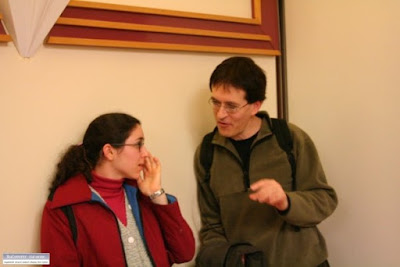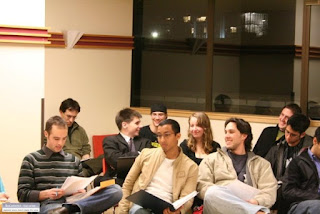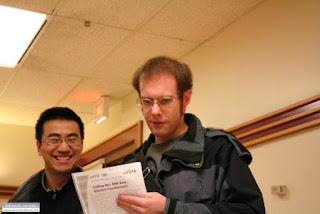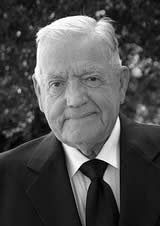Rodrigo is a candidate for both BoG and AMS President
Why do you want to be the BoG representative for students and President of the AMS?
First of all because I am proud of being a UBC student and alumni. My model of representation is participatory engagement with the implementation of a transparent structure for governing AMS and serving students responsibly according to their own demands.
One idea we are considering for the transparent budget is the following:
-Students log in to SSC or AMS link, and can access the ‘services’ webpage. To ensure presidential and executive responsibility, transparency and accountability, students will allocate a portion of their AMS fees into particular services, projects, and decisions.
-Agenda items will be posted online by AMS councillors, committees, and execs, as well as clubs; these posts will be all time-stamped and will be subsequently categorized by the president as soon as received.
-The president will then select agenda items and post the agenda before hand online, where all councillors and constituents will be informed of upcoming items and solicited to post comments and suggestions by all UBC students.
-This will create a large accumulative database of engaged student discourse, time stamped and linked to specific individuals. A solution to apathy is the production of online polls for each agenda item and the circulation of paper ballots by AMS councillors between each cycle. This will provide the student body with valuable information on student needs without restrictions.
-Duncan is cited on the Knoll, which endorses my campaign, saying that he wants to hold round-table discussions with student ‘leaders’. The very idea of putting in a separate category ‘student leaders’ and ‘non-student leaders’ marginalizes 90% or more of potential student discourse and ‘discussion’.
As AMS President, I will engage professors in all departments to suggest projects centered on understanding UBC and making it am even better place. Professors should allow and encourage academic projects focused on the UBC campus, its services, facilities, activities, and so on.
How would you use your position on BoG to enhance students’ voice on campus?
I will communicate extensively with not only UBC students, media, faculty, and staff, but also Student organizations from other universities and media sources around the world. The will ensure, through external pressure, that the Board of Governors serves student needs by being directly and constantly informed by them (e.g., through dynamic blogging of committees and agenda items, the AMS budget and student service choices). Communication with outside student associations and media outlets will transmit our issues far and wide, and elicit public responses that constraints the university from making terrible decisions (e.g., underground diesel bus loop) without being subjected to extensive critique.
What specific changes to the University Boulevard project would you advocate?
If possible its immediate halting due to reported warnings by Translink itself that it is not large enough. The galleries that are being excavated on indigenous lands now despite extensive and concerted student protest and loud criticism, could be transformed in a feature of Trek Park, endorsed officially by David Suzuki, and destroyed by the UBC administration without warning.
What experience(s) and skills do you have that will enable you to convince the Board appointees that your point of view is preferable to theirs?
I am a UBC alumni with a double major (2006), a Master Student and a Teaching Assistant. I am also older than most of the other candidates (30 years old- born in 1977)I have always been an International Student at UBC. I am officially endorsed by the Knoll newspaper, which endorsed the current AMS president’s campaign last year. I have extensive training in social sciences, and languages (Portuguese, English, Italian, Spanish, German [Recipient of the German Government Book Prize], Classical Latin [average 84 in 24 credits], and Classical Greek. Now passionate, I was once also apathetic, and by studying through participatory engagement the AMS and GSS Councils, and most importantly, the differences between them, I am now in a position to understand and to engage with apathetic students. Thence my resolution of attending different classes throughout my term, in several departments, to engage students directly and to experience the kind of education they are getting. My knowledge of languages and cross-cultural experiences allow me to represent International Students. I am not an AMS ‘hack’ and I am passionate about serving student needs.
What is your vision for the governance model of UBC?
In one phrase: Transparent, engaging, responsible, responsive, participatory and collaborative.






